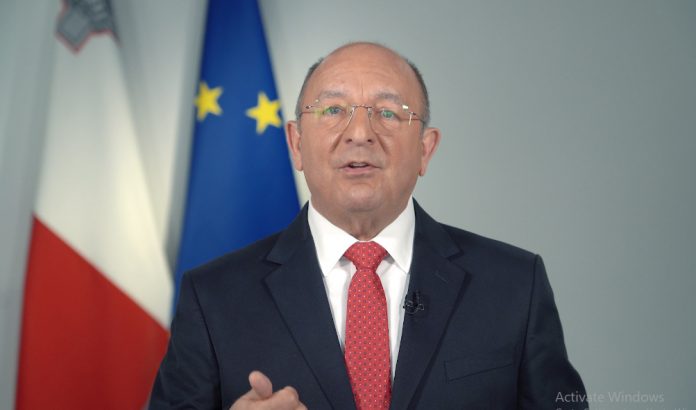Minister for Senior Citizens and Active Ageing Michael Farrugia said that the strengthening of the protection of human rights for older persons has never been as necessary as it is today.
During a video message at the 11th United Nations General Assembly working group for the purpose of strengthening the protection of human rights for older persons, Minister Michael Farrugia said that, looking back at the past 13 months, one can never overemphasise the crucial role of Malta’s national strategies on active ageing, dementia care, and long-term care in Malta’s success in safeguarding the wellbeing of older persons, despite social distance or restrictive measures.
“Such proactive initiatives led to an increase in public pensions for six years in a row, the strengthening of domiciliary care services and the setting up of unique services such as the ‘Live-in Carer’ scheme, which provides financial support to older persons who employ a full-time carer of their choice,” Minister Michael Farrugia said.
“However, we will not rest on past laurels, but are constantly looking forward. As I speak, plans are underway to offer the World Health Organization’s skills and training programme – iSupport – for carers of people with dementia, the launching of the second national policy on active ageing, the opening a new dementia care centre, providing older persons with free instruction in ICT, and re-initiating the University of the Fourth Age, which provides lifelong learning opportunities for older persons with mobility difficulties or dementia.”
Minister Michael Farrugia said that the Maltese government advocates that the human rights of older persons are to be firmly entrenched at the centre of social policy. The government is indeed leaving no stone unturned and upcoming policy strategies will target the quality of life of for older persons in correctional facilities, those with lifelong disabilities, and LGBTIQ older persons.
He also mentioned that many older persons experience a range of obstacles to access justice due to financial, geographical, cultural, and health factors. “In mitigation, both community care and legal services are being strengthened, so that elder abuse and age discrimination will not continue taking place without the possibility of redress,” he added.
Minister Michael Farrugia concluded his intervention by reiterating that the realities of COVID-19 have not been lost on us, and there are rigorous recovery plans for an older population to make up for the lost time due to the pandemic.










